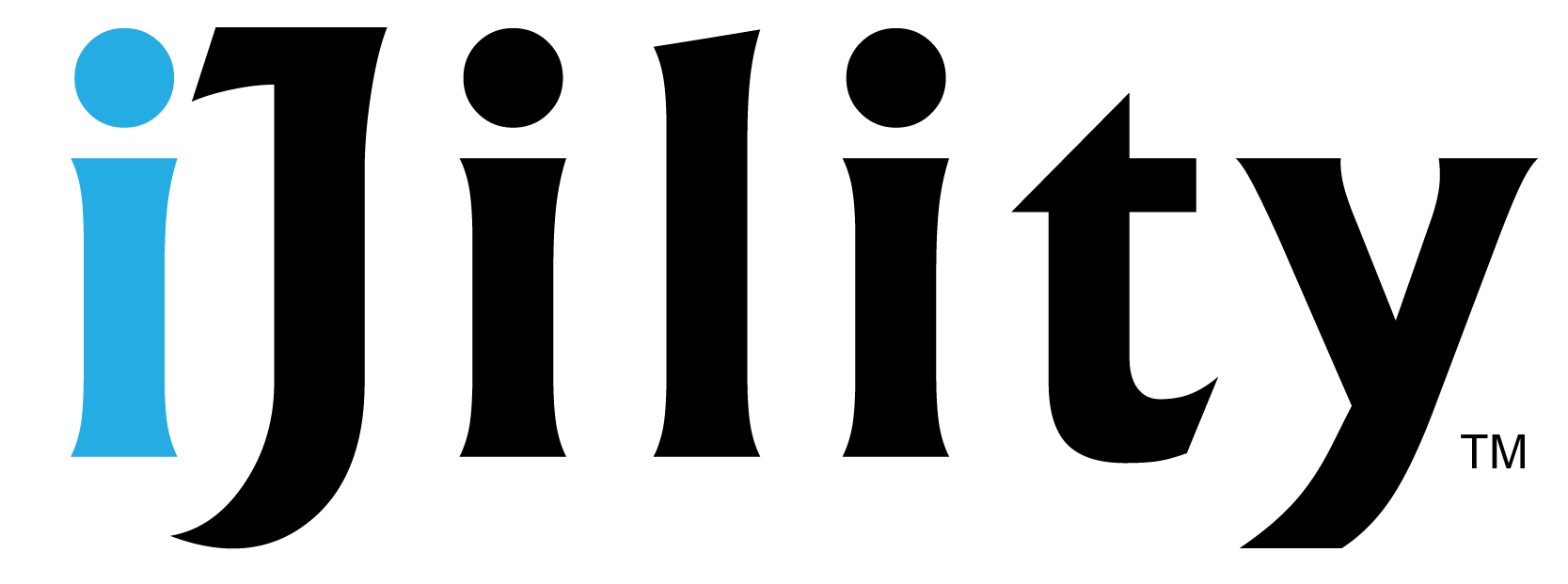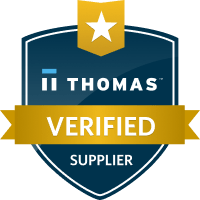
In this edition of Inside iJility: 10 Questions with Our Experts, we’re highlighting another standout leader from our team who plays a critical role in delivering results for our clients. Meet Campbell Diehl, SVP of Engagement & Systems, and a seasoned supply chain and warehouse distribution operations expert. With a strong background in operational management, new business implementation, and process improvement, Campbell brings both strategic insight and hands-on experience to every project. A graduate of Auburn University with a BBA in Marketing and International Business, he’s known for his ability to build high-performing teams and drive operational excellence. In this chapter, Campbell shares his perspective on leadership, implementation strategy, and what it takes to succeed in a fast-moving operations environment.
1. Introduce yourself and tell us one little-known fact about you.
My name is Campbell Diehl, and I am the SVP of Engagement & Systems. I graduated from Auburn University and I’m an avid college football fan.
2. What does your typical workday look like?
I like to wake up early and go to the gym around 5. When I get home, I sit down and organize my thoughts and prepare for the day. If I have the time in the mornings, I work on making progress towards any objectives that I have for the quarter. My days are a mix of calls, manager check-ins, and support for my engagement team.
3. What are the most critical decisions you need to make in this role?
My role revolves around balancing speed, efficiency, and sustainability in bringing new clients into our model. My most critical decisions revolved around defining a strategic go-live plan, deploying the right leadership, developing and executing to clear performance milestones during implementation, and ensuring a smooth transition to our operations team.
4. How do you motivate your team and foster a productive work environment?
I believe it’s important to understand your team members on a more personal-level so that you can get a better understanding of what motivates and drives them. Not every individual is driven by the same things and aligning your approach with how they are best motivated and communicated with.
People are more engaged when they feel a sense of ownership over their work. Establishing clear expectations and empowering employees to make decisions within their scope create a more productive work environment.
Leading by example is critical. The team mirrors the leader. I ensure that my work ethic and attitude reflect the culture I want to see. I handle challenges with resilience and a problem-solving mindset. I remain approachable, fair, and consistent in my decision-making.
5. What are the biggest challenges facing the industry, and how do you plan to address them?
The rising cost of labor places pressure on profit margins. Clients often resist rate increases, creating a squeeze between labor costs and bill rates. Our cost per unit model rewards efficiency and offsets rising wages. Implementing workflow improvements that reduce reliance on labor hours and introducing technology that helps drive operational efficiency can play a big part in mitigating the challenges posed by wage increase expectations.
As companies like us scale across multiple locations, maintaining consistency in execution, performance, and reporting becomes difficult. We’ve implemented a centralized workforce management software to track performance across sites. We also create playbooks and SOPs for process standardization across locations. We are working on developing dashboard to monitor location health overall considering the primary metrics for the location.
6. Challenge a popular opinion about your industry.
One of the most common misconceptions about the staffing and workforce management industry is that staffing agencies are simply a temporary, stop-gap solution. A quick way to fill positions when a company is short on workers, but not a strategic partner in long-term business success. While traditional temp staffing firms may operate this way, modern workforce solutions providers (like iJility) are fundamentally different. The best staffing and workforce management firms don’t just fill headcount. They drive operational excellence, improve labor efficiency, and enhance cost-effectiveness.
The idea that staffing is only a temporary fix undervalues what a modern workforce solutions provider can do. Companies that view staffing and workforce management as a strategic function, rather than a last-minute fix, gain a competitive edge in efficiency, cost control, and workforce performance.
Instead of asking, “How can I use staffing firms to fill gaps?” businesses should be asking, “How can I partner with workforce experts to optimize my entire labor strategy?”
7. How has your industry evolved over time?
The staffing and workforce management industry has evolved from simple temp staffing to a strategic, data-driven function that optimizes labor costs and productivity. Cost-per-unit (CPU) pricing, AI-driven workforce analytics, and automation have transformed how companies manage labor, shifting the focus from filling positions to maximizing efficiency. Worker expectations have also changed, with greater demand for flexibility, career growth, and better wages, influenced by the gig economy. Compliance, labor laws, and risk management have become more complex, requiring staffing firms to take a proactive role in legal oversight and worker protections. Moving forward, the industry will continue integrating AI, automation, and strategic consulting to create smarter, more efficient workforce solutions.
8. How has your approach to managing teams or clients evolved over your career?
Over the years, my approach to team and client management has shifted from tactical execution to strategic leadership. Early in my career, I focused heavily on problem-solving and hands-on management, but as I’ve gained experience, I’ve learned that empowerment, data-driven decision-making, and relationship-building are the keys to long-term success.
My evolution as a leader has been about shifting from doing everything myself to developing teams, driving strategy, and creating long-term value. Whether managing teams or clients, the key is empowering people, leveraging data, and building trust-based partnerships that lead to sustained success.
9. What do you find most rewarding about your work?
The most rewarding part of my work is the tangible impact it creates—helping businesses optimize workforce operations, cut costs, and scale efficiently. I thrive on solving complex labor challenges, building high-performing teams, and mentoring leaders to take ownership and drive results. The fast-paced, problem-solving nature of the industry keeps me engaged, and I love that every decision I make contributes to long-term growth and operational success. Ultimately, what drives me is knowing that my work doesn’t just fill roles—it transforms businesses, empowers people, and creates lasting value.
10. What is your vision for the company’s future?
My vision for iJility is to evolve beyond traditional staffing and become the industry’s most advanced, data-driven workforce optimization partner. By leveraging AI, analytics, and CPU-based pricing, we will provide the most efficient, cost-effective, and scalable workforce solutions available. iJility’s future is about innovation, operational excellence, and long-term success.
About iJility
At iJility, we are committed to helping businesses like yours optimize their workforce and overcome labor challenges. Schedule a discovery call to learn how we can help you build a custom solution with fast results.
Author: Valentine Trent


